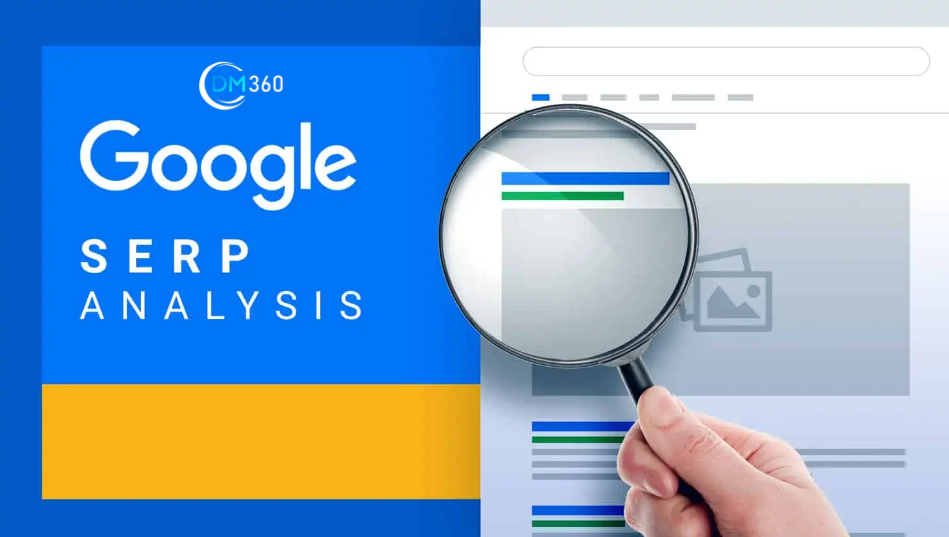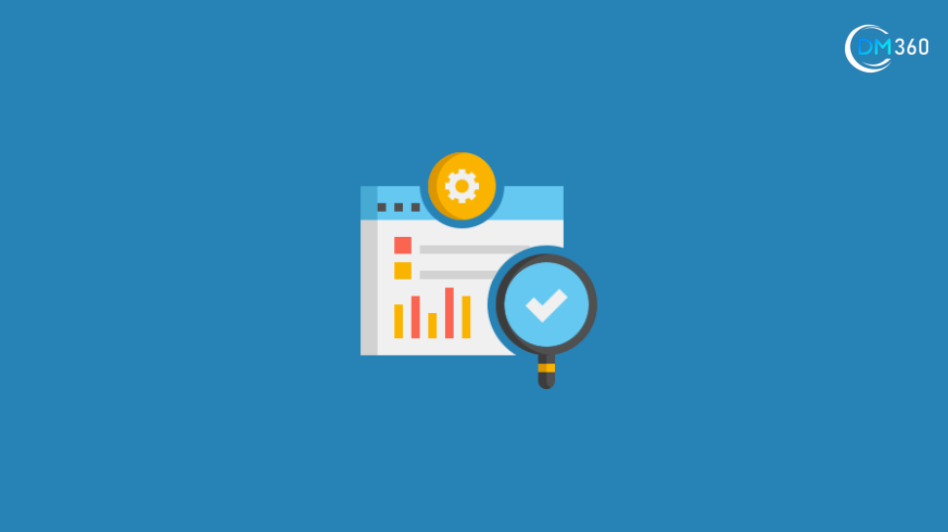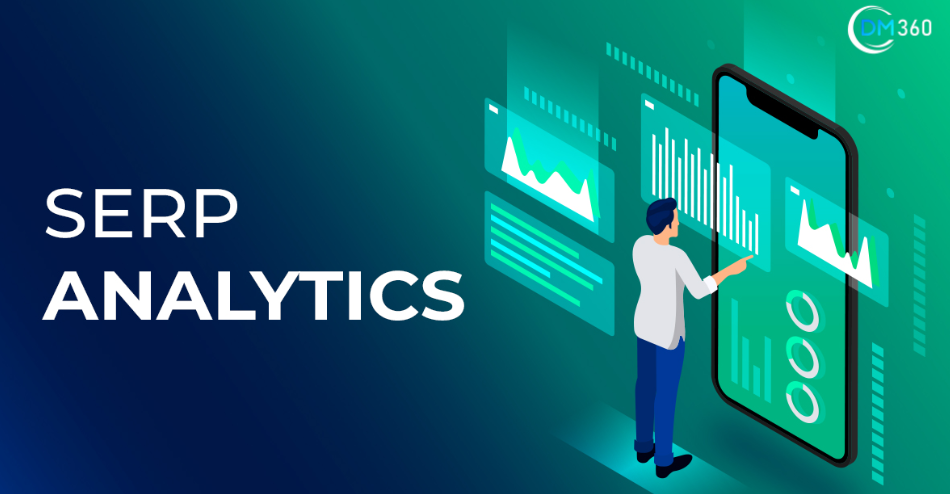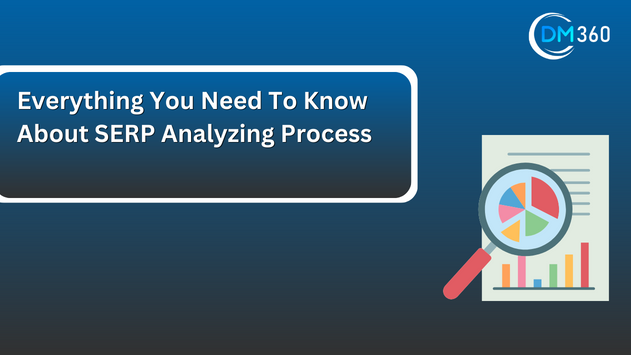Everything You Need To Know About SERP Analyzing Process – Most information users can be located by accessing the search engines. As a result, anyone wanting to generate sustainable organic traffic needs to understand SERPs. This article will explain the SEO Analyzing concept, stressing its significance, components, and tools that can significantly enhance a website’s ranking on search engines.
Table of Contents
ToggleWhat Is SERP Analyzing?

SERP Analysis is defined as the examination of the results captured on search engines such as Google, Bing, or Yahoo! after a user types a search query into the search bar. They include organic search outcomes, paid ads on SERPs, and additional components such as featured snippets, knowledge graphs, and other related items. SERP analysis is an important tool for understanding the behavior of users, the objective of a search query, and the actions of competitors.
Importance Of SERP Analyzing:
It is important for the marketers and the businesses to be concerned with the SERP analysis in the world of digital. Search engine results page analysis is also abbreviated as SERP analysis. Understanding user behaviour and analysing search engine result pages that users are presented with after typing particular keywords constitutes this process. undefined
Keyword Research and Selection: SERP analysis allows for gaining an understanding of how certain keywords function in the case of search results. Webmasters can manage and optimize their keywords, focus on valuable search terms, and gain more organic visitors by viewing which words push high-ranking results.
- Understanding User Intent: Organic search features include: Featured snippets, Images, Videos, and Local packs depending on the keyword searches. Knowing the purpose of individual searches — the information searchers need — enable businesses to ensure that the content posted meets their requirements, thus improving the experience of users.
- Competitive Analysis: While SERP analysis can help to analyze the strategies of competitors. Organizations and stores can find competitive advantage by analyzing the Web page content, meta-tags, and SERP features of leaders.
- SEO Optimization: If business people wish to rank high on search engine result pages then they should study SERP and determine what leads to success if a page. By studying the characteristics of the best-type pages, businesses can level up their on-page and off-page SEO Chicago plan and become more visible and popular in search.
- Content Strategy Development: SERP analysis enables organizations to write content that will fit the needs, as seen by the search engine algorithms. It is possible for companies to gain expertise in their respective niches with the help of content related to the search phrases and parameters.
Key Elements Of SERP Analyzing:

SERP analysis follows a methodical approach that entails the identification of various components. These are elements that any business or marketer needs to be acquainted with to fine-tune SEO measures and increase website exposure. SERP analysis consists of the following elements:
- Organic Results: When a user searches for something and does not get any paid links, the user receives organic search results. Organic is one of the most commonly used SERMs, and by analyzing the best-ranking organic pages, businesses can determine what type of content and web pages are appreciated by search engines. With these insights, they can arrange their content to rank better and pull in organic traffic.
- Paid Advertisements: Paid advertisements, when placed, are easily seen and often occupy a large portion of the SERP. It is also important to note that paid advertising research allows one to get data on the competitive keywords and the strategies used by competitors in advertising. This information can be valuable to advertisers, who will be able to improve their paid advertising by stating that it was paid for as a sponsored or ad.
- Featured Snippets: These pages give users the answers they need in feature snippets, which are brief answers to queries. Strategically targeting these featured snippet positions can tremendously enhance organic visits and drive up the CTR.
- Knowledge Graphs and Rich Snippets: Rich snippets and knowledge graphs are related information that can be added to the search request, such as comments, ratings, and event information. In the case of the type of content that goes into the knowledge graphs and the rich snippets, more clicks can be made, and the authority on them can be gained.
- People Also Ask (PAA) Boxes: A PAA box shows information about questions related to the user’s search terms that has been asked frequently. It is useful to address these questions in content to enhance ranking on the search engine for individual long tail keywords whilst making the content more helpful to users.
Tools For SERP Analysis:

It is not feasible, and actually unadvisable, to manually perform a SERP analysis, especially given the fact that there are specialized tools that can offer valuable insights and data that can be used to enhance the SEO techniques. The following tools are essential for SERP analysis:
- Google Search Console: Sprinkled with commercials, this free service offered by Google enables webmasters to monitor their sites’ positions on search engines. The tool offers facilities like rankings by keyword, just clicks, impressions, etc. The compiled data empowers businesses with information required to determine which keywords are driving users to their sites and assists in formulating SEO strategies.
- Google Keyword Planner: This Google tool offers historical and projected volume and competition information for free. Businesses can use it to create content and optimize it for the provided keyword.
- SEMrush: Performing SERP analysis is effortless with the help of SEMrush and its SEO Chicago feature. This function offers details on organic and paid search, competitors, keywords, and backlinks. Conversely, businesses can use SEMrush to monitor how they rank for specific keywords, identify new keywords to target, and analyze their competitors’ competitive tactics.
- Ahrefs: Backlink analysis is one of the key strengths of Ahrefs, and it is widely used as a competitive intelligence tool for SEOs. The tool offers insights on the specific website’s ranking position in the organic search apart from the search volume and keyword difficulty. Ahrefs can be used by businesses to find the best content that their target audience is engaging with, perform keyword monitoring to see how their target keywords are faring, and link prospecting to acquire high-quality links.
- Moz Pro: SERP analysis is one of the functions offered by Moz Pro, an SEO services Chicago tool. A section gives access to on-page SEO data, backlinks, domain authority, and keyword ranking. By using Moz Pro, firms are able to enhance their presence and the ranking they achieve on the SERP.
SERP Analysis Strategies:

These insights should then be used by businesses and marketers to optimize the value that is gained from such investment. SERP analysis involves the following key strategies:
- Identify High-Performing Keywords: SERPs are useful in examining keywords that attract a large viewership and that are not often pursued by competitors. These keywords are important and can be incorporated within the content and body of the article with a view of increasing the organic traffic and search engine results.
- Understand User Intent: Organizations may evaluate SERP features and content type with an aim of identifying consumer intent of specific search queries. It helps companies to deliver valuable content to users that corresponds to the users’ expectations.
- Analyze Competitors: To an extent, competitor SERP positions and or strategies can be used to gain insight into their current and potential vulnerabilities. It means that the experience of competitors and their victories and failures can be utilized by businesses to discern the weaknesses in their strategic plans and apply changes in order to overtake them.
- Optimize for SERP Features: CTR and organic traffic can increase or decrease depending on the SERP features like featured snippets and the Knowledge Graph. In simple terms, the sponsored listings give businesses more control over their content when it appears on Google search and can help increase their exposure on the platform.
- Local SEO Insights: While companies may want to rank for global keywords, it’s important to note that SERPs with local packs will not allow the targeting of a local audience. Properly identifying what affects local search rankings can enhance local SEO initiatives or attract local customers.
Summing Up
Studying your SERPs is one of the crucial approaches any company or marketer should consider when aspiring to excel online. Appropriate optimization of SEO Chicago and content can lead to gaining more organic traffic with a better experience and result in outcompeting others by studying the elements and information that SERPs offer. Since it takes time and effort to attain the goal of making your website appear on the list of top search results, it is necessary to employ the right tools and techniques.
FAQs
-
What is SERP Analyzing?
SERP analysis is the process of studying the results displayed on search engines after a user enters a search query. It includes examining organic search results, paid advertisements, featured snippets, knowledge graphs, and other elements to gain insights into user behavior, search intent, and competitor strategies.
-
Why is SERP Analysis important?
SERP analysis is crucial for understanding how keywords perform, user intent, competitor strategies, and factors that contribute to high search engine rankings. This knowledge helps businesses optimize their SEO strategies, improve online visibility, and attract organic traffic.
-
What are the key elements of SERP analysis?
The key elements of SERP Analysis include:
- Organic Results
- Paid Advertisements
- Featured Snippets
- Knowledge Graphs and Rich Snippets
- People Also Ask (PAA) Boxes






